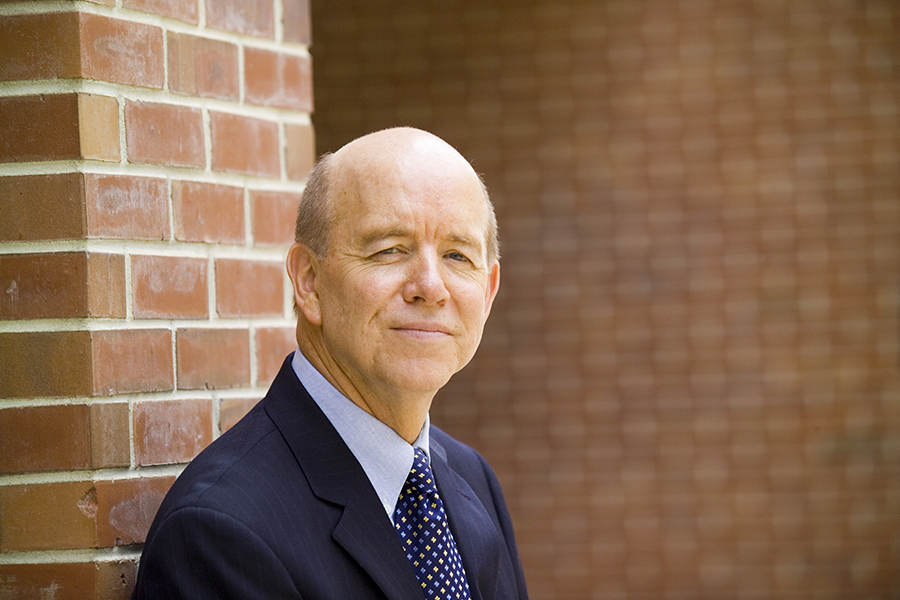
Soaring inflation and its threat to the U.S. economy gave the Federal Reserve no choice but to raise interest rates this week and to signal further increases in the coming months, said William Christiansen, longtime chair of the finance department in Florida State University’s College of Business.
“There’s pretty much unanimous agreement that they have to raise rates,” said Christiansen, referring to the Fed’s rate-setting Federal Open Market Committee, or FOMC. “Rates are at historic lows, and they’ve been that low for a long time. Now inflation is very high, and the Fed has to respond.”
The Fed moved Wednesday to increase its federal funds rate – the rate at which banks borrow and lend to one another overnight – a quarter of a percentage point, from near zero to 0.25-0.5%.
It marked the first rate increase since 2018 from the central bank, and it came as inflation hit 7.9% – the highest in 40 years – for the 12 months ending in February.
“Inflation is always damaging to the economy,” said Christiansen, also the BB&T Associate Professor of Finance, director of the BB&T Center for Free Enterprise and the college’s MBA program director. “Many of our recessions over the decades have been started with inflation. Higher inflation takes away purchasing power from consumers, especially those on fixed incomes, and sooner or later it slows down the economy.”
The U.S. gross domestic product grew at an annual rate of 7% in the fourth quarter of 2021. This likely is causing some demand-driven inflation, Christiansen said. Other contributing factors include persistent problems in the global supply chain, already stymied by the coronavirus pandemic and further disrupted by Russia’s invasion of Ukraine, he said.
“So, it’s a challenging world for the Federal Reserve right now,” said Christiansen, who is certain to explore the topic more in Economics and Business Conditions, a required MBA course that teaches master’s students to identify and analyze economic, social and financial indicators.
The Fed’s action this week marks an attempt to dampen inflationary pressures, Christiansen said, and he joins analysts in expecting several more rate increases this year.
“This is just the beginning of a change in this low-interest-rate environment,” he said.
It’s a tricky balance for the Fed.
“The objective is to lower inflationary pressures without causing extreme slowing in the economy,” Christiansen said. “It’s very challenging in the current environment.”
Increases in the federal funds rate incrementally affect credit cards and other loans including mortgages, he said. He points out that the 30-year fixed mortgage rate has climbed to around 4.5%, up from historic lows during the peak of the pandemic.
“Florida is a very hot state for commercial and residential real estate,” he said. “But as interest rates go up, it cannot be favorable to real estate or to purchasing, especially for residential. If interest rates get too high, it prices people out of the market. They can’t buy as much house, and sometimes they can’t buy a home at all, and it slows down the housing market.”
– Pete Reinwald


